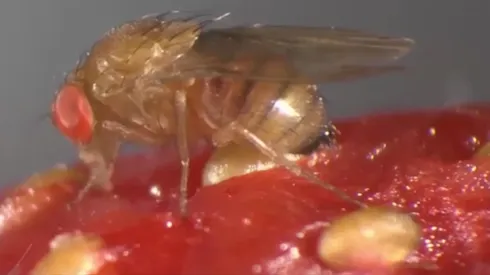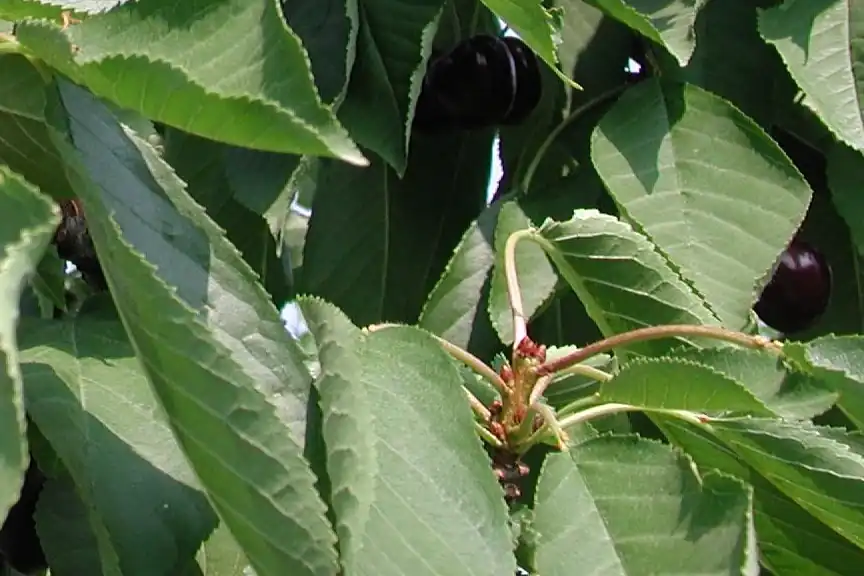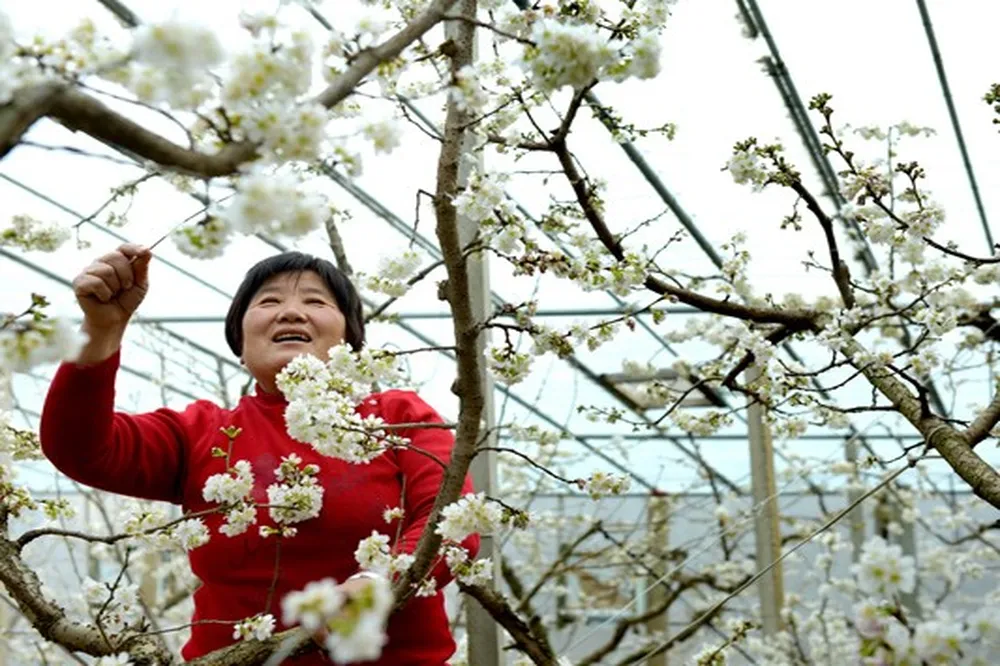Fruit flies are insects belonging to the order Diptera and more specifically to the genus Drosophila. Usually, these insects are common in households and usually lay their eggs on rotting fruit and vegetables. Among them, however, Drosophila suzukii shows a slightly different behaviour as it lays its eggs on ripening fruit.
It also affects a wide range of soft-fleshed fruits such as raspberries, strawberries and blackberries, whether they are cultivated or wild. Over the past two decades, this species has spread across much of the globe, although its origins lie in south-east Asia.
It was first documented in the UK in 2012, and it is likely that the main factor responsible for its introduction was global trade. Considering that this species completes its life cycle in a matter of days, it is clear how Drosophila suzukii larvae can quickly spread through orchards, inflicting severe damage on the fruit and consequently decreasing marketable production.
Since the species is able to survive on a variety of plants, there is considerable interest in determining whether preferences in the consumption of wild or cultivated fruit is due to particular genetic characteristics among individuals.

Researchers from the Ecological Sciences Division of the James Hutton Institute (UK) sought to answer this question. The experiment involved collecting infested fruit from both cultivated fields and natural areas to assess genetic differences between Drosophila suzukii individuals feeding on the various fruit cohorts.
The flies that emerged from each fruit were then genotyped using a panel of 8 genetic markers. Using a machine learning approach, the algorithm was trained to identify genotypes associated with individuals feeding on wild or cultivated plants, and then analysed the collected data.
The algorithm should be able to assign each individual to its correct origin group if there are truly sufficient differences in the training set. With the data collected in this study, however, the researchers were unable to identify any evidence of a genetic distinction between these two cohorts of individuals. The explanation is probably attributable to the limited number of loci that were collected and the (also limited) number of flies that were sequenced (only 24 in each category). Consequently, there is a need to collect a much wider range of genetic data and/or data from a larger number of individuals.
This approach could facilitate the effective identification of genetic distinctions between D. suzukii individuals feeding on wild fruits and those feeding on cultivated varieties in the future. A thorough understanding of these characteristics could help create strategies that aim to eliminate subpopulations that have adapted to cultivated varieties, while preserving naturally occurring individuals that feed on wild fruits.
Source: Montano Valeria, Spotted-wing drosophila genetics in relation to protecting cultivars from harm, BioSS
Images: Agroscoce; DuPont
Melissa Venturi
University of Bologna (IT)
Cherry Times - All rights reserved











